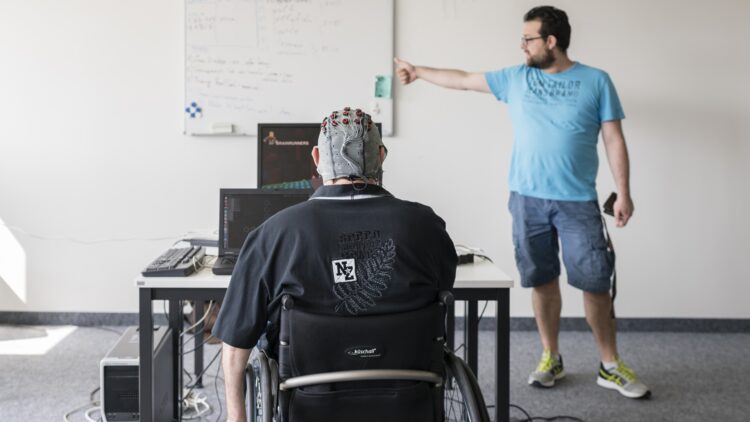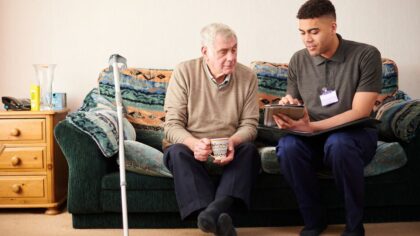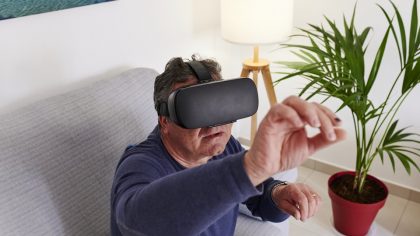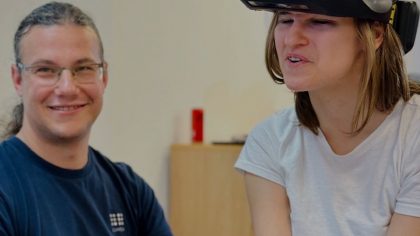Decoding inner speech: a new interface that deciphers patients’ thoughts
● A team from Stanford Medicine has developed a brain-computer interface (BCI) with the capacity to decode the inner speech of patients who suffer from conditions, such as motor neuron disease and spinal cord injuries, which prevent them from speaking.
● The neurotechnology device makes use of invasive microelectrode arrays that are implanted in the motor cortex and a machine learning algorithm that translates neural activity.
● In tests it succeeded in decoding entire sentences composed from a 125,000-word vocabulary, but error rates remained high (26% to 54%).
Read the article
● The neurotechnology device makes use of invasive microelectrode arrays that are implanted in the motor cortex and a machine learning algorithm that translates neural activity.
● In tests it succeeded in decoding entire sentences composed from a 125,000-word vocabulary, but error rates remained high (26% to 54%).


Social robots to support caregivers: a self-to-self fix for a collective problem?
Read the article


Virtual reality for addiction treatment: The importance of social plausibility in simulated situations.
Read the article
Are we all “addicted” to our screens? A socio-historical look at how digital technology has been pathologised through the prism of addiction.
Read the article
